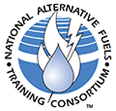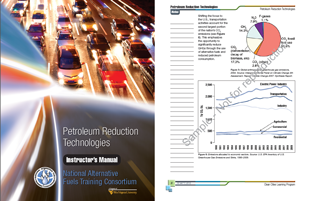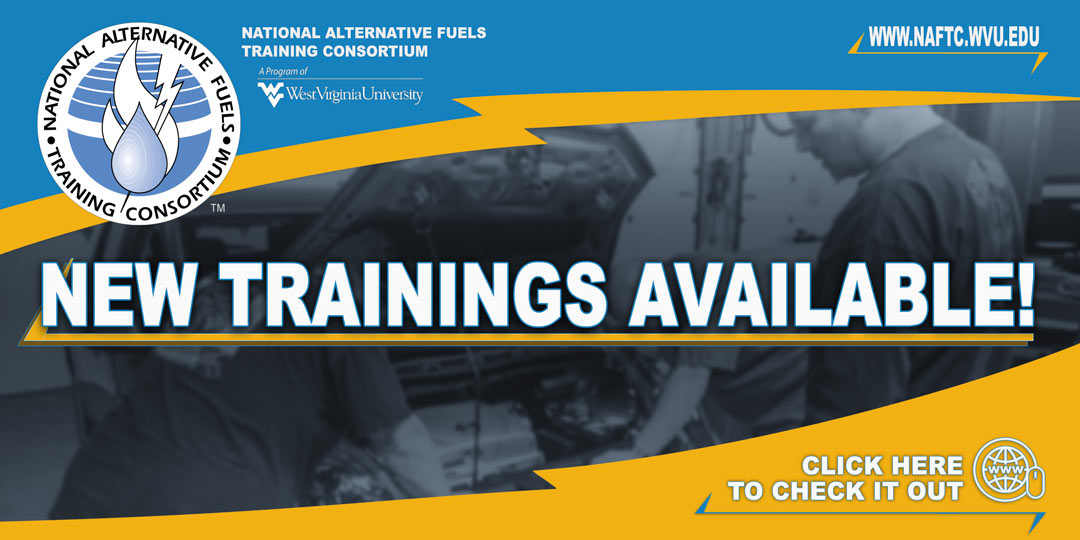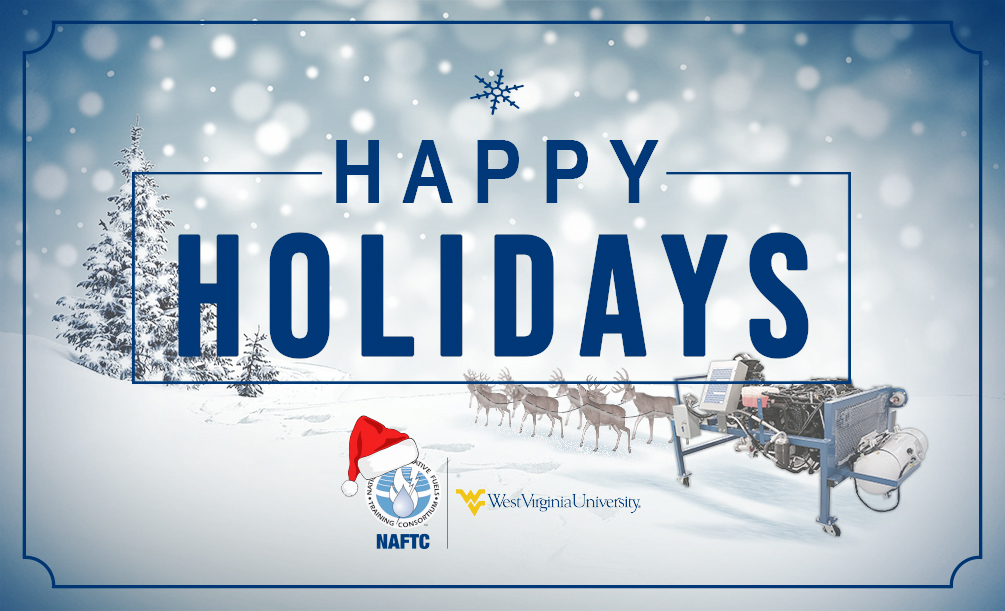Petroleum Reduction Technologies: Idle Reduction
This four-hour workshop helps participants learn idle reduction strategies and technology that supports them, learn about auxiliary power units used in truck stops, and learn federal and state policies in regards to idle reduction.
Notify me! Click here to be notified when this course will be conducted next.
Course materials provided:
- Participant Manual – ISBN 978-1-933954-42-4
- Includes review questions and learning activities
- Each module of the Participant’s Manual contains text, illustrations, explanatory figures and tables, module review questions, and a list of key terms and abbreviations
Workshop designed for:
- Automotive Technicians
- Towing
- Automotive Recycling
- Fleet Managers
- Government Officials / Decision Makers
- Secondary Education
- Post-Secondary Education
- Code Officials / AHJs
- Construction / Contractors
- General / Consumers
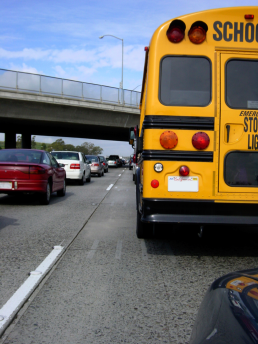
Taught by certified NAFTC instructors, this four-hour workshop will enable you to:
- Describe fuel economy.
- Explain the basic history of fuel economy.
- Describe how fuel economy affects energy security.
- Describe policies that drive fuel economy improvements.
- Explain manufacturer and consumer methods for implementing fuel economy improvements.
- Explain how fuel economy improvements relate to sustainability and cost efficiency.
- Explain typical differences between fuel efficient and conventional vehicles.
- Explain consumer strategies for improved fuel economy and its effects
- Describe new fuel efficient vehicle performance, safety, and maintenance.
- Describe some fuel efficient production vehicles.
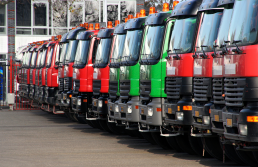
Course outline:
- Definition of fuel economy
- What affects fuel economy?
- Fuel economy policies, infrastructure, and sustainability
- Corporate average fuel economy
- Alternative fueled vehicles and miles per gasoline gallon equivalent (MPGe)
- Fuel economy and greenhouse gases
- Fuel economy and emissions test procedures, and smog rating
- Window stickers
- Distribution and Infrastructure
- Gas guzzler tax
- Differences between fuel efficient vehicles and conventional vehicles
- Variable valve timing and lift (VVT&L)
- Cylinder deactivation, turbochargers and superchargers
- Integrated starter/generator
- Direct fuel injection, continously variable transmission(CVT) and automated manual transmission
- Hybrid electric vehicles
- Consumer driving strategies
- Tire pressure, air conditioning and traffic routing
